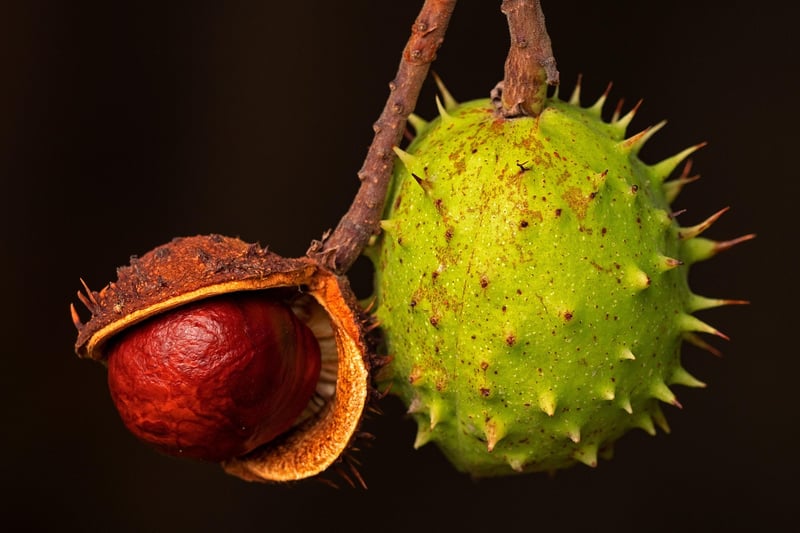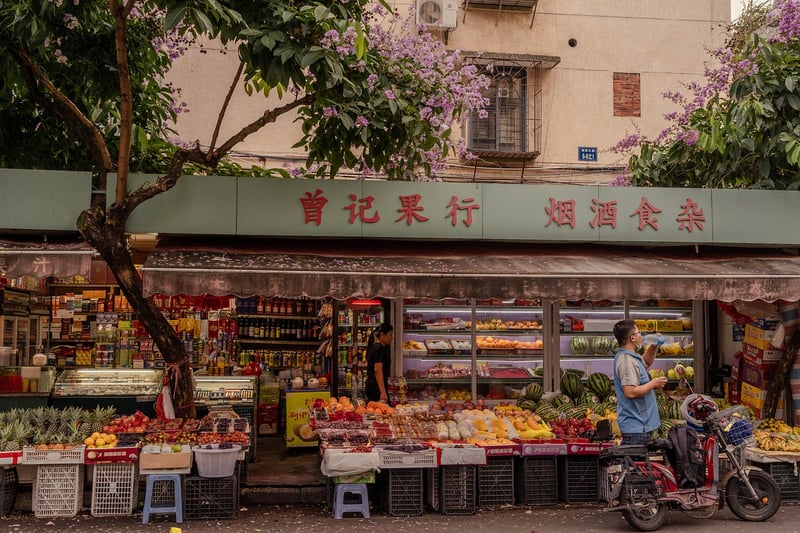Fruit Trees in Cities
Landscaping with Edible Plants and Fruit Trees in Cities
Urban gardening has seen a surge in popularity as more people look to grow their own food and reconnect with nature. One way to incorporate greenery into city landscapes is by planting edible plants and fruit trees. Not only do they add beauty and biodiversity to urban environments, but they also provide a sustainable source of fresh produce. Let's explore how you can enhance your city surroundings with edible plants and fruit trees.
Benefits of Edible Plants and Fruit Trees in Urban Landscapes
1. Food Security: Growing your own food can help reduce dependence on grocery stores and promote self-sufficiency.
2. Environmental Benefits: Plants help purify the air, reduce pollution, and create a healthier urban ecosystem.
3. Aesthetic Appeal: Edible plants and fruit trees can enhance the beauty of city landscapes and attract beneficial pollinators.
4. Community Engagement: Gardening can bring people together, fostering a sense of community and shared responsibility for the environment.
Popular Edible Plants for Urban Gardens
- Tomatoes
- Herbs (such as basil, mint, and parsley)
- Peppers
- Salad Greens
- Strawberries
Benefits of Fruit Trees in Urban Settings
1. Year-Round Harvest: Fruit trees provide a continuous supply of fresh fruits throughout the growing season.
2. Shade and Beauty: Fruit trees offer shade during hot summer days and add visual appeal to urban landscapes.
3. Wildlife Habitat: Trees attract birds and beneficial insects, contributing to urban biodiversity.
4. Food Equity: Access to fresh fruits in cities can help address food deserts and promote healthier eating habits.
Tips for Planting and Maintaining Edible Plants and Fruit Trees
- Choose suitable varieties that thrive in your city's climate and soil conditions.
- Provide adequate sunlight, water, and nutrients for healthy growth.
- Prune fruit trees regularly to promote fruit production and maintain tree health.
- Protect plants from pests and diseases through organic gardening practices.
- Harvest fruits at the peak of ripeness for the best flavor and nutritional value.
By incorporating edible plants and fruit trees into urban landscapes, city dwellers can enjoy the benefits of fresh, homegrown produce while contributing to a greener and more sustainable environment.

Get started on your urban gardening journey today and transform your city surroundings into a thriving oasis of edible delights!
For more information on urban gardening and landscaping with edible plants, visit UrbanGardening.com.
